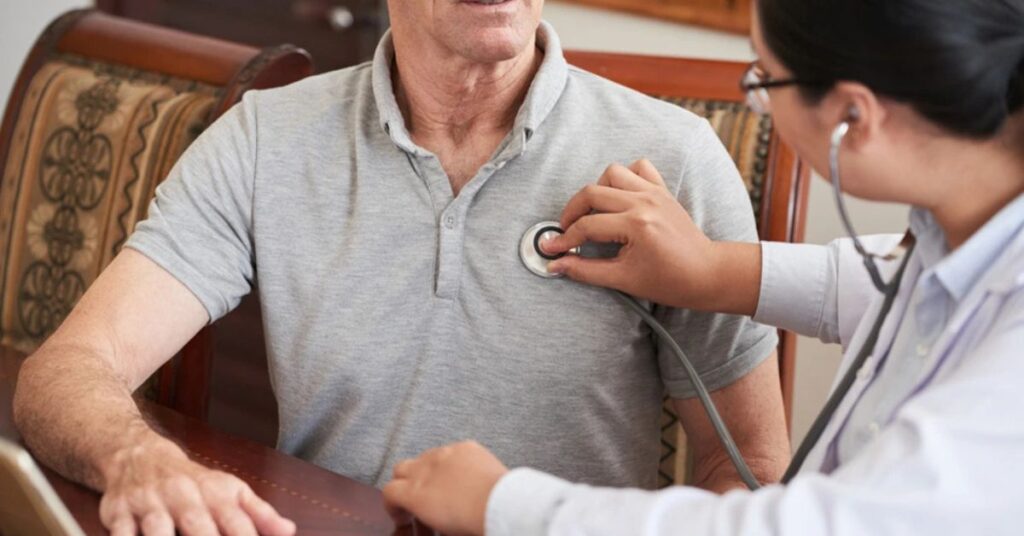It’s a frightening reality — heart attacks, once considered a disease of the elderly, are now striking India’s youth at an alarming rate. Across cities and towns, young Indians in their 30s and early 40s are facing unexpected heart scares, often without any prior symptoms.
According to hospital data from 2020 to 2023, a shocking 50% of heart attack patients were under 40. Cardiologists across India are sounding the alarm: our modern lifestyles are fast-tracking heart disease in the younger population.
Dr. Sudhakar Rao M, Consultant Cardiologist at Manipal Hospital, Bengaluru, explains,
“Earlier, heart attacks were mostly seen in people over 50 or 60. Today, it’s common among those under 45. This is deeply worrying.”
What’s Causing the Spike in Heart Attacks Among Young Indians?
Heart disease doesn’t happen overnight. A complex mix of factors — genetics, poor lifestyle habits, stress, and environment — sets the stage for cardiac events early in life.
Some of the major causes identified by Dr. Rao are:
Smoking:
Both active and passive smoking drastically increase the risk of heart attacks.
“Smokers have three to four times higher chances of heart attacks compared to non-smokers,” warns Dr. Rao. Smoking causes blood vessels to narrow (vasoconstriction), making it easier for fat and cholesterol to build up and block arteries.
Diabetes:
India is known as the diabetes capital of the world. Alarmingly, Type 2 diabetes — once seen mostly in older adults — is now common in people as young as 30. High blood sugar damages blood vessels, sharply increasing heart disease risks.
Obesity and Metabolic Syndrome:
Rising obesity rates among young Indians contribute directly to heart problems. Metabolic syndrome — a deadly combination of high blood pressure, high blood sugar, high cholesterol, and excess body weight — multiplies heart risks manifold.
Warning Signs You Shouldn’t Ignore
Heart attacks in young adults often present differently than in older people. Some early warning signs include:
Chest discomfort or pressure
Shortness of breath
Unexplained fatigue
Sweating without exertion
Nausea or dizziness
Dr. Rao emphasizes that recognizing these early symptoms can be life-saving:
“Young people often ignore signs, assuming heart problems are an ‘older person’s issue.’ That’s a deadly mistake.”
How Young Indians Can Protect Their Hearts
The good news is that heart attacks are largely preventable with early action. Dr. Rao recommends:
Quit smoking — immediately and completely
Exercise regularly — at least 30 minutes, five days a week
Manage stress through meditation, yoga, and hobbies
Adopt a heart-healthy diet — rich in fruits, vegetables, whole grains, and lean proteins
Monitor blood sugar, blood pressure, and cholesterol levels regularly
Maintain a healthy weight and body mass index (BMI)
“Taking care of your heart should start in your 20s, not after your first health scare,” Dr. Rao advises.
Takeaway: The Time to Act is Now
The rising tide of heart attacks among India’s young adults is a wake-up call. Our lifestyle choices today are determining our health outcomes tomorrow. It’s time to prioritize heart health — because prevention is always better than cure.


